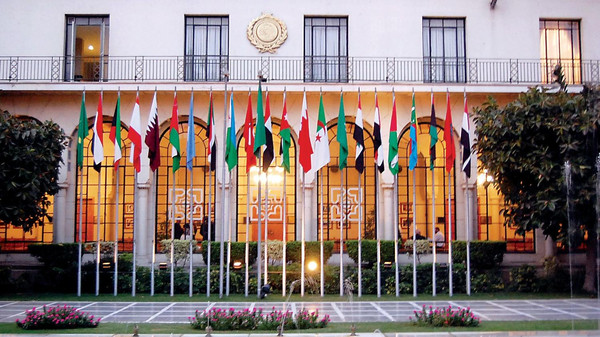The bane of Arab countries
Dr. Edy Cohen/Israel Hayom/December 20/16
Several years have passed since the Arab Spring began, and most of the Arab world is still in complete chaos. The internal conflicts and wars between radical and moderate Islam, nationalists and liberals, not to mention the ethnic conflicts between Sunnis and Shiites, make it impossible to live in peace and prosperity in most Arab countries. Moreover, the prospect of de-escalation is absent from the horizon, especially in Syria, Egypt, Libya, Iraq and Yemen. In other words, the entire Arab world is burning. And yet some leaders are sure the reason for all of these problems is Israel, all the while refusing to accept responsibility for their own actions.
The current chaos in the Arab world has several causes. The first is the widespread corruption among Arab leaders that allows them and their associates to stick their hands in state coffers. As a result, money meant to be invested in education and infrastructure goes into the pockets of these corrupt leaders and their associates, whose ties get them appointed senior officials and ministers, despite not having the skills to lead.
The second reason is also connected to corruption, but indirectly: The lack of participation of women in the decision making process and their absence in key positions in the Arab world. Much research shows that women, for the most part, do not take part in corruption, and act in the interest of the nation. This stands as opposed to male leaders, who are guided by their masculine ego. The Arab world has unfortunately not yet internalized this. They continue excluding women and keeping them, in the best case scenario, in schools and educational systems, and leaving them in the kitchen worst case scenario.
The third reason, whose negative impact is felt on the economies of Arab countries, is the brain drain of young Arabs from their home countries, especially those of various minorities. They do anything in their power to leave their countries to find a career in the West, as they are not valued enough or discriminated against because of their faith or ethnicity in their home countries. These youths see a much brighter future in the countries that host them.
Another reason whose negative impact is felt on these countries’ economies is the absorption, or more correctly, the lack of absorption of Palestinian refugees, who arrived in Arab countries en mass over the 20th century. These refugees did not contribute to the economy. They drained it. Because of them, the average salary went down by dozens of percentage points and unemployment rose. These same eternal refugees settled in refugee camps in the heart of these countries’ capital cities, like in Damascus and Beirut. These camps brought with them diseases and many problems, becoming a hub of widespread crime and illegal weapons.
Arab countries did not give the Palestinians citizenship, social rights or human rights, and to this day they live in the margins of society and impede on economic development. There is a good reason why the Persian Gulf states refused to accept refugees from Syria. Notably, at least one country was damaged by Palestinian refugees: Iraq. The same Iraq that expelled its Jews over the previous century received instead tens of thousands of Palestinians, peasants with no education.
These Palestinian refugees were unable to fill the void left by the Jews, who were employed in commerce, as senior officials, lawyers, doctors, economists and scientists. Economically and academically, note the amount of Nobel Prize laureates from Israel compared to the amount from Arab countries: In 69 years, Israel has won 12 Nobel prizes, among the most per capita. On the other hand, the exponentially larger Arab world has won less. This figure reflects a lack of priorities in the Arab world. There are insufficient rewards and incentives for education. This is the bane of Arab countries in the modern age, when development and progress are based on these pillars. It turns out that in an era when information and technology are principle commodities, here they are lacking.
**Dr. Edy Cohen is a research fellow at Bar-Ilan University.




















